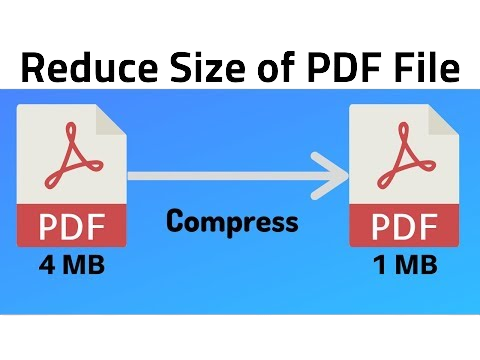Copied successfully!
HTML to XML Parser Free ( Adsense Code Convert Xml )
| Step 1: Get Your Own Html code |
| Just copy and paste your HTML code, and I'll do my best to provide the information or guidance you need. |
| Step 2: Paste Your code in Text Area |
| Pasting your code in textarea. you can paste your HTML code into the textarea element, and when you click the Convert XML Code button |
| Step 3: Click Convert XML Code Button |
| Converting Your HTML Code to xml code |
| Step 4: Click To Copy for Clipboard Button |
| Clicking Button Copy Textarea code in your Clipboard |
| Step 5: Click To Download XML Code |
| Click To Download XML Code Button to create .xml file and Downloading Automatically. |
HTML to XML Parser Free ( Adsense Code Convert Xml )
In the realm of web development and search engine optimization (SEO), understanding the intricacies of data formats is crucial. HTML (Hypertext Markup Language) and XML (eXtensible Markup Language) are two of the most prevalent formats used to structure and present content on the internet. Converting HTML to XML can provide numerous benefits, including improved SEO performance. This article will explore the process of converting HTML to XML and offer insights into optimizing XML content for better search engine visibility.
I. Understanding HTML and XML
HTML: HTML is the foundation of web pages, defining the structure and content of a webpage using tags and elements. It is designed primarily for displaying content on web browsers, with a focus on how the content should be presented to users.
XML: XML, on the other hand, is a flexible markup language used to define custom data formats. It doesn't prescribe how content should be displayed but concentrates on organizing and categorizing data hierarchically.
II. Reasons for Converting HTML to XML
-
Structured Data: XML's hierarchical structure allows for better organization and categorization of data, which can be advantageous for websites with complex content.
-
Data Interchange: XML is widely used for data interchange between applications due to its standardized format.
-
SEO Benefits: Converting HTML to XML can provide SEO benefits by enabling search engines to better understand the content and context of a webpage.
III. Converting HTML to XML
The process of converting HTML to XML involves these essential steps:
-
Identify Content Elements: Analyze the HTML content and identify the elements and attributes that need to be preserved in the XML structure.
-
Create XML Structure: Design an XML structure that mirrors the HTML content's hierarchy. Use XML tags to represent HTML tags and elements.
-
Map Attributes: Map HTML attributes to XML attributes where applicable. This step is crucial for maintaining data integrity during the conversion.
-
Escape Special Characters: XML has strict rules about characters like "<" and "&" which have special meanings. These need to be escaped properly in the XML document.
-
Embed Content: Insert the textual content from HTML elements into corresponding XML tags.
-
CDATA Sections: For preserving content that shouldn't be parsed as XML (e.g., JavaScript code), use CDATA sections.
IV. SEO Optimization for XML
-
Meaningful Tags: Use descriptive and relevant tags in the XML structure. This enhances search engines' understanding of the content.
-
Keywords and Metadata: Incorporate relevant keywords in XML tags and provide accurate metadata. This aids search engines in associating your content with relevant queries.
-
Canonical URLs: Include canonical URLs in XML to prevent duplicate content issues and consolidate page authority.
-
Sitemaps: Create and submit XML sitemaps to search engines. This helps search engines index your content more effectively.
-
Schema Markup: Implement schema markup within the XML structure to provide additional context about your content.
Conclusion
Converting HTML to XML can offer various benefits, from structured data organization to enhanced SEO performance. By following the conversion process and optimizing XML content, you can create a more search-engine-friendly website that's well-equipped to rank higher in search results. Embrace the power of XML to unlock new opportunities for presenting and promoting your content online.






.png)




